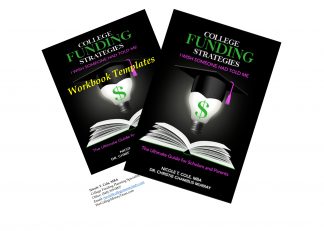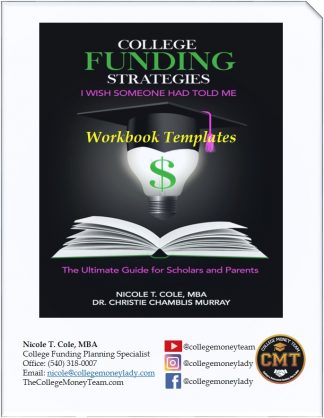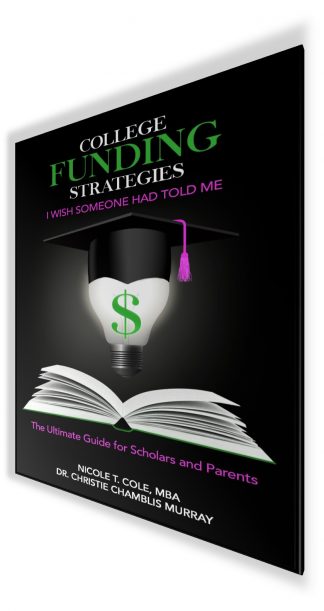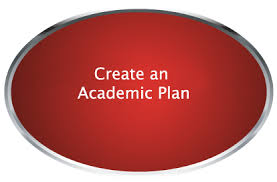
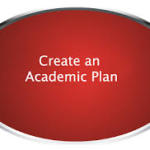 Career planning is one of the most important steps students can do early in their high school years to receive the best outcomes, as well as the best financial benefit to their parents. Unfortunately, career planning is often overlooked during the college planning process because students and parents have prioritized other criteria for college selection such as prestige, sports, image, influence of peers, teachers, etc. A major factor behind college transfer and dropout rates is a lack of career planning and a failure to make college decisions based on career goals that are compatible with one’s interests, talents, and career-relevant personal attributes. Most families do not start the college planning process until the senior year of high school.
Career planning is one of the most important steps students can do early in their high school years to receive the best outcomes, as well as the best financial benefit to their parents. Unfortunately, career planning is often overlooked during the college planning process because students and parents have prioritized other criteria for college selection such as prestige, sports, image, influence of peers, teachers, etc. A major factor behind college transfer and dropout rates is a lack of career planning and a failure to make college decisions based on career goals that are compatible with one’s interests, talents, and career-relevant personal attributes. Most families do not start the college planning process until the senior year of high school.
Academic planning is the process of setting educational goals and determining the best path to meet them. It is critical that the student play an active role in this process and follow it from start to finish. An academic plan allows students to map out short, medium, and long term plans that are designed to meet an overall academic goal. Learn to think beyond the minimum requirements and think how you will be able to impact the community.
When kids head off to college many people ask them what they are going to major in and what their career goals are. The truth is that most students do not know and if they say they do, there is a good chance they will change their minds. So, how can you plan when you are unsure about so many things? But that is exactly why a plan is so important.
If families started their planning earlier in high school, the results would be dramatically different. Research suggests that the magnitude of NOT setting up a career plan dramatically increases the risk that the student will either transfer to another college or drop out altogether. To give you an idea of the size of the transfer rate, every year one of three freshman leave after their first year. Transferring to another college can also lead to more expenses for the family.
Creating a plan allows for the student to:
Continuously set goals
Continuously evaluate career goals
Reassess the plan throughout the year
The best thing a student can do for themselves is to learn to set appropriate goals and then to be able to evaluate the outcomes effectively:
Did you meet your goal?
Were you satisfied with the outcome? Why or why not?
Do you need to change or adjust your plan?
After a family’s home, a college education for their children is the largest expense. Make sure you take the time to explore the options. Getting help is the best way to avoid the pitfalls of the process to ensure your child is making the right choice for the right reasons.




